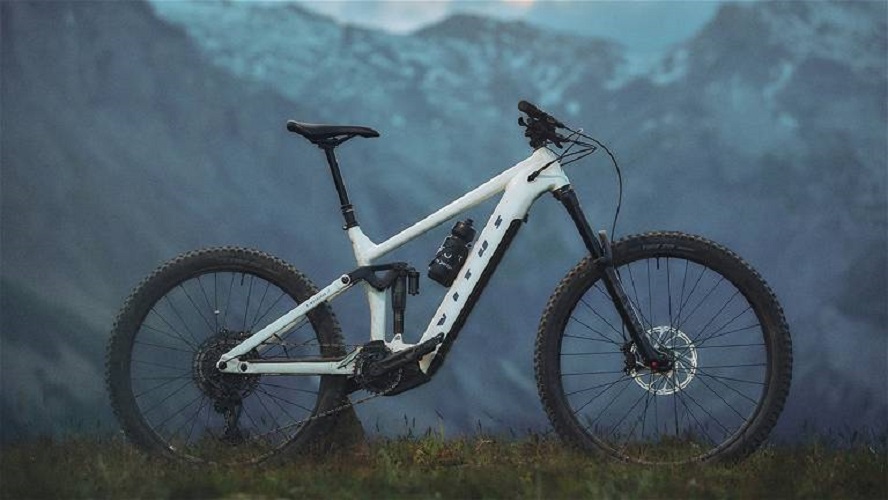
Bike commuting is becoming increasingly popular as people seek eco-friendly and healthier transportation options. Mountain bikes, with their durability and versatility, can be a great choice for bike commuting, especially if your route includes rough or unpaved terrain. However, choosing the right mountain bike for commuting requires some consideration, as it should be optimized for urban riding and daily transportation needs. In this article, we will explore the key factors to consider when selecting a mountain bike for bike commuting.
Frame Design
The frame design of a mountain bike plays a crucial role in its suitability for commuting. Unlike traditional mountain bikes, which often have aggressive geometry for off-road cycling, a commuter mountain bike should have a more relaxed and upright position. This position allows for better visibility and comfort during long rides on city streets. Look for a frame with a longer wheelbase and a more upright riding position to provide stability and comfort during your daily commute.
Tire Selection
Choosing the right tires is essential for a smooth and efficient ride during your daily commute. Mountain bikes typically come with wider and knobby tires designed for off-road use. While these tires are great for traction on dirt trails, they can increase rolling resistance and noise on paved roads. Consider swapping out the stock mountain bike tires for narrower, smoother tires with lower rolling resistance. Look for tires that are puncture-resistant and have good grip on both wet and dry surfaces.
Suspension
Mountain bikes come with different suspension systems, and this is an important consideration for bike commuting. While full-suspension bikes provide a comfortable ride on rough trails, they may not be necessary for urban commuting where the terrain is generally smoother. Full-suspension bikes can add weight and reduce pedaling efficiency on paved roads. Consider opting for a hardtail mountain bike, which has suspension only in the front fork. Hardtails offer better power transfer and efficiency for longer rides on paved surfaces.
Gearing
Choosing the right gearing for your commuter mountain bike is crucial for tackling different terrain and varying commuting distances. If your route includes steep hills or you carry heavy loads, look for a mountain bike with a wide range of gears. A wide gear range will allow you to easily shift to a lower gear for climbing hills or a higher gear for faster rides on flats. Consider a bike with a triple chainring setup or a wide-range cassette in the rear to give you the necessary gear ratios for commuting.
Accessories and Mounting Points
One advantage of choosing a mountain bike for commuting is the available mounting points for accessories. Look for a bike that has mounting points for racks, fenders, and water bottle cages. These accessories are essential for carrying your belongings, protecting yourself from mud and water, and staying hydrated during your commute. Also, consider a mountain bike with braze-ons or integrated mounts for attaching front and rear lights for improved visibility and safety, especially during early morning or evening rides.
Braking System
The braking system of your commuter mountain bike is crucial for safe and efficient riding in urban areas. Traditional rim brakes are common on mountain bikes, but they can be less effective in wet or muddy conditions. Consider opting for disc brakes, which provide better stopping power and control in all weather conditions. Disc brakes also require less maintenance and provide consistent performance over time. Look for hydraulic disc brakes as they offer better modulation and stopping power compared to mechanical disc brakes.
Bike Weight
The weight of your mountain bike can significantly impact your commuting experience, particularly if you have to navigate multiple flights of stairs or need to carry it onto public transportation. Lighter mountain bikes are easier to maneuver and carry when needed. However, keep in mind that lightweight bikes often come at a higher price point. Consider your daily commute and the need for portability when choosing a mountain bike, as a lighter bike can make your daily commute more convenient and enjoyable.
Locking Mechanism
As a commuter, the security of your mountain bike is of utmost importance. Look for a mountain bike with a strong and reliable locking mechanism, such as a sturdy lock or quick-release mechanisms on the wheels and seat post. Additionally, consider investing in a good quality lock to deter potential thieves. In urban areas, bike theft is unfortunately common, so taking precautions to secure your bike is essential.

